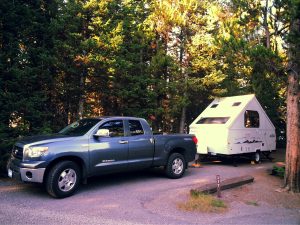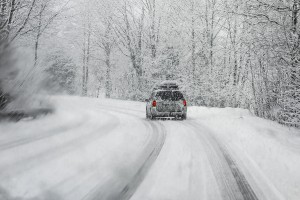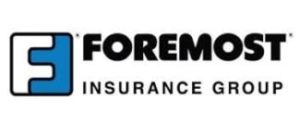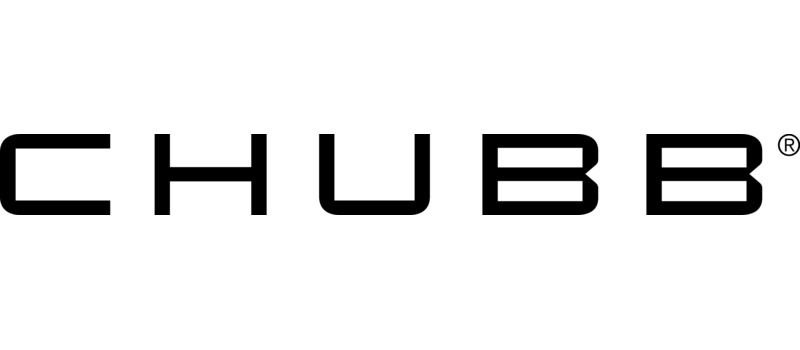It’s now time to enjoy some amazing fall camping excursions, calm boating on the lake or a motorcycle road trip. Each year we’re asked by many of our customers about the possibility to cancel your insurance policies on your summer toys like motorcycles, RVs, boats and ATVs. While you may not be using these alternative vehicles during the fall and winter months, your vehicles may be damaged and insurance claim would need to be opened. If you cancelled your insurance policy, you may be forced to pay for repairs or replacements out-of-pocket. During the cooler months while your toys are parked events can occur that could get expensive without a valid insurance policy.
Types of claims that could occur during the off-season:
Comprehensive insurance claims: Even though your vehicles are secured, theft or vandalism can still occur at any time. Having to pay out-of-pocket to repaint, repair or replace your toy could put a serious strain on your finances. Catastrophic events like floods or fires can occur during the off-season. If your comprehensive insurance policy is not in effect, you may be responsible to pay to replace your toys without assistance from your insurance carrier.
Liability insurance claims: Accidents can happen at any time, even if your toy is secure. During a party at your home someone thinks it would be great to take a picture on your Harley. They hop on and fall over damaging both your bike and themselves. Even if you did not give them permission to do so, you may be legally responsible for their injuries. Without a liability insurance policy in effect, you may be responsible to pay for the injured party’s medical bills and recovery costs.
Additional claims scenarios:
- A blustery storm knocks over a tree and it falls on your parked camper. (Comprehensive claim)
- A hail storm damages your vehicle (Comprehensive claim)
- Your garage catches on fire and burns your motorcycle, boat, or ATV inside (Not home insurance, Comprehensive claim for the vehicle)
- Your RV or Boat is parked in an off-season boat/rv storage facility and is damaged when an unknown party backs their vehicle into it. They don’t leave their information.
- A thief vandalizes your vehicle looking for valuable items
These are just a few of the many claims that can occur in the off-season. Some carriers understand that these vehicles are not used year-round and the premiums reflect the high and the low season.
Keeping your motorcycle insurance, RV insurance, ATV insurance or boat insurance in effect during the off-season may not only save your from a costly out-of-pocket repairs or medical payments, keeping a year-round policy may also save you money on your policy premium. Ask your insurance agent today about the benefits of keeping a comprehensive and liability insurance policy on your toys all year!
Weber Insurance Corporation represents over a dozen A-rated, financially sound insurance providers to help you find the best insurance coverage that fits your needs and budget. Whether you are just looking for a simple auto insurance policy, or need auto coverage for your home, autos, and business, we have customizable insurance products designed specifically for you. Visit us online anytime.

 Wildfires occur every year and summer season is also known as fire season. Each year millions of acres across the country are scorched by both nature as well as human caused fire. By knowing how to minimize losses, human caused fires can drastically decrease with the proper education. Use these simple steps.
Wildfires occur every year and summer season is also known as fire season. Each year millions of acres across the country are scorched by both nature as well as human caused fire. By knowing how to minimize losses, human caused fires can drastically decrease with the proper education. Use these simple steps. Spring is a great season to start looking for good used campers. Whether you’re looking at a dealership or from a person off of Craigslist, it’s important to know how to look for possible damage or wear.
Spring is a great season to start looking for good used campers. Whether you’re looking at a dealership or from a person off of Craigslist, it’s important to know how to look for possible damage or wear. It’s important for every driver to know how to drive in winter weather conditions. It can be challenging to drive in these conditions, but with the knowledge of the information below, you’ll know how to stay safe on the road.
It’s important for every driver to know how to drive in winter weather conditions. It can be challenging to drive in these conditions, but with the knowledge of the information below, you’ll know how to stay safe on the road.







